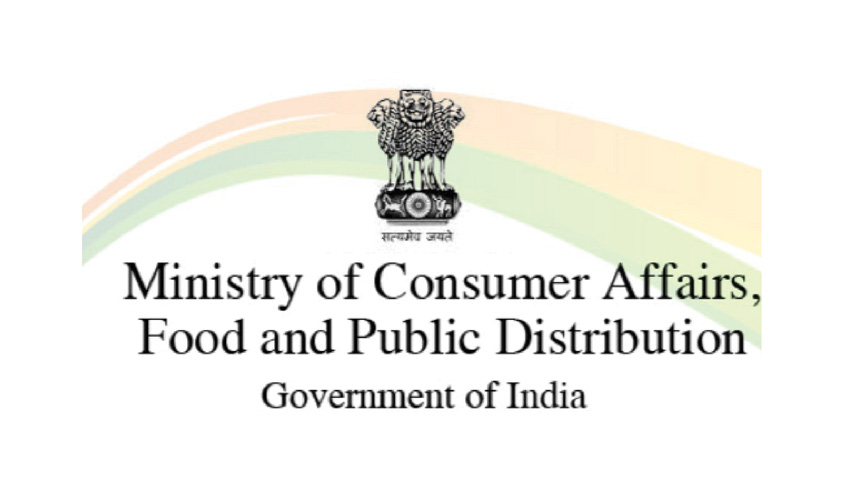Companies involved in direct selling business have welcomed the Centre’s guidelines, which made product specification guarantee mandatory among other things, as they feel this would boost the sector at a time chit fund and Ponzi scams have hit their business. At the same time, they have appealed to the Centre to set up a regulator to ensure only genuine companies remain in the field.
The Ministry of Consumer Affairs, headed by Ram Vilas Paswan, had issued the guidelines in the wake of chit fund and Ponzi scams. A major highlight of the guidelines is that these companies would not charge any fee at the time of someone joining it. Also the companies will have to give the product specification guarantee at the time of purchase of their products. This means the consumers will have to give the right to return the product if its quality is not as per the specifications.
Eureka Forbes, Tupperware, Netsurf, Oriflame, Amway, Hindustan Unilever, Modicare are some of the major companies which are doing their business through direct selling method.
After the guidelines were issued, the business got a major boost with more and more companies entering into this sector. The sense of despair, which was ruling the business, went away and the companies started taking new measures to expand the business. As of now, about 150 companies are now involved in direct selling business.
Speaking to this newspaper, MD of Netsurf Sujit Jain welcomed the guidelines issued by the government saying it has given the much needed boost to the direct selling business sector. “However, the government should go one step ahead by setting up a Regulator, which will ensure that only genuine companies remain in the business. It will also lead to greater accountability and transparency in the sector. The guidelines should now become laws,” he said. Netsurf has over 2 million consumers and 100,000 active distributors all over the country.
He said the direct selling business engages over 2 crore people and “going by the increasing popularity I can say that the future of the industry is very bright”. “The slashing of GST from 28% to 18 % has further boosted the sector. Moreover, the cost of transportation has also reduced because of GST. Now providing better products is the main challenge. Technology has also come as a boon. In our case, we have developed an App through which orders can be placed for procuring products,” he said.
President of the Direct Selling Distributors Welfare Association (DSDWA), Surender Vats, also said the government should set up regulatory
After the guidelines were issued, the companies were asked to give an affidavit to the Ministry saying they fully follow the guidelines. Though the Centre has issued the guidelines, it is not mandatory for the states to implement them. Therefore, the companies involved are impressing upon the state governments to adopt these guidelines so that these are implemented at the state level also.
The direct selling industry in India is growing at a rate of 8.42% in the last three years. It has grown to Rs 10,324.2 crore in 2016-17 from Rs 7,472.2 crore in 2013-14. This can be accounted to the growth in the number of direct sellers involved which has risen to around 5.1 million in 2016-17 from 3.9 million in 2015-16 showing a robust growth of 30.1%, as per figures of Indian Direct Selling Association.
Direct selling business started in India some 26 years ago. Now it has grown much in size. However, this modern business is still being governed by the Acts of 1872, 1930 and 1978, which were framed in the era of closed Indian economy. Now to give justice to the modern methods of businesses, all these Acts and rules should be reviewed, feel the companies.

